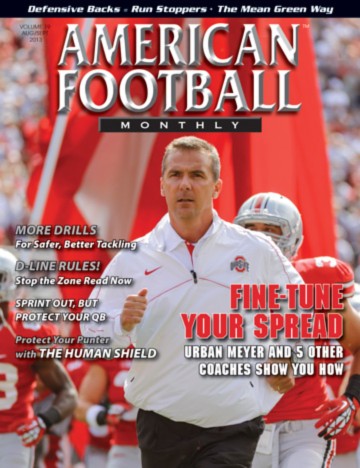Article CategoriesAFM Magazine
|
Game Planning Your Coaching Career (Part I)© More from this issue(This article is written to discuss career planning in the coaching profession and this is by no means the only way to pattern your pathway. The experience of one coach, while addressing many issues, does not include all scenarios. However, the organization of the material is well-known to all coaches as it is structured just as all of us would game plan against an unfamiliar opponent. It is hoped that this discussion would have us in the coaching profession talk about these changes with younger coaches entering this vocation). By Gene DeMarco, Head Coach, Geneva College Pre-Game A generation ago, college students were educated to prepare themselves to enter a Fortune 500 company and stay employed with that company throughout their entire caree....The full article can only be seen by subscribers.
|
|
|||||||
| HOME |
MAGAZINE |
SUBSCRIBE | ONLINE COLUMNISTS | COACHING VIDEOS |
Copyright 2026, AmericanFootballMonthly.com
All Rights Reserved





